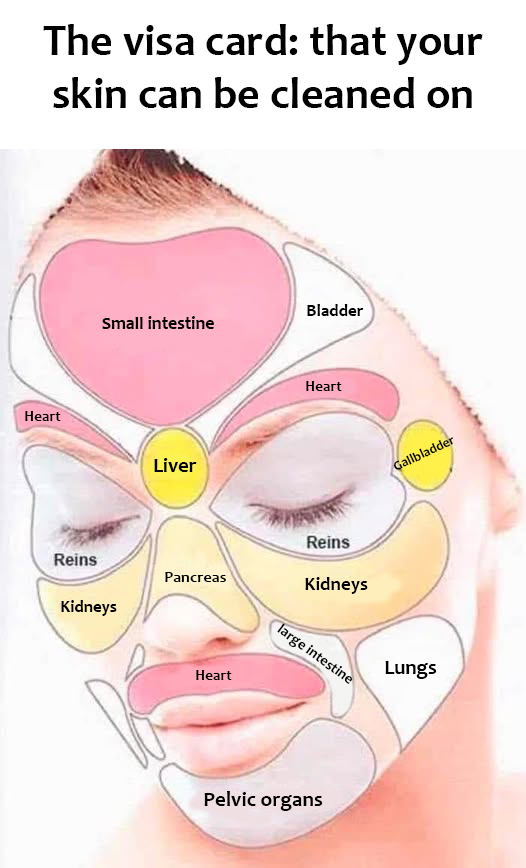Myth or reality? What science says
While this technique is based on traditional knowledge, scientific evidence remains limited. However, studies have shown that certain internal illnesses can be reflected on the skin.
For example:
- Stress can cause overproduction of sebum and exacerbate acne.
- An unbalanced diet can promote skin inflammation.
- Hormonal fluctuations influence the appearance of pimples on the chin.
So, while face mapping isn’t an exact science, it can be a complementary approach to better understand what your skin is telling you.
How to use face mapping on a daily basis?
If you notice recurring imperfections in a specific area of your face, here are some actions to try:
- Watch your diet: Avoid ultra-processed foods and favor vegetables and healthy fats.
- Hydrate properly: A lack of water can aggravate dry skin and under-eye puffiness.
- Manage your stress: Yoga, meditation, or exercise can reduce the impact of stress on your skin.
- Adapt your beauty routine: Choose skincare products suited to your skin type and avoid irritating products.
Should we believe it?
While face mapping is not a substitute for medical advice, it can be a useful tool for identifying certain imbalances and adjusting your lifestyle.
So, the next time you notice a pimple or redness on your face, listen to what your skin is trying to tell you!

